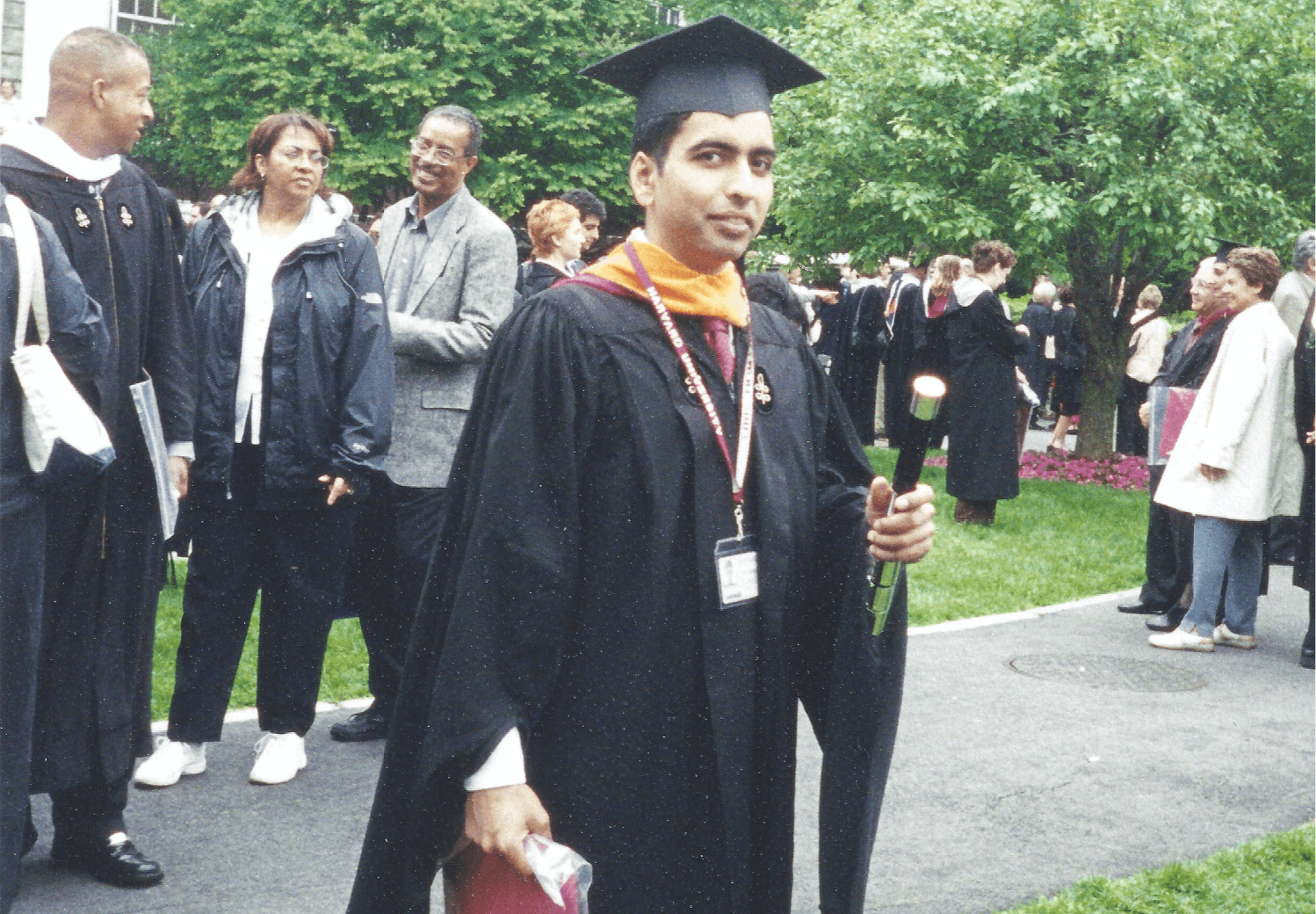Don’t be Seduced by the “Feel Good”
Sal Khan
08.17.19
Sal Khan, founder of the Khan Academy talks about how important it is to look at the real, hard results of what you’re doing. Not just looking at whether you’re getting great letters from grateful kids and parents who benefit from what you’re doing, but looking closer at whether you’re doing a good job using resources and actually achieving quantifiable impact that “moves the dial.”
Summary:
Sal Khan, founder of the Khan Academy talks about how important it is to look at the real, hard results of what you’re doing. Not just looking at whether you’re getting great letters from grateful kids and parents who benefit from what you’re doing, but looking closer at whether you’re doing a good job using resources and actually achieving quantifiable impact that “moves the dial.”
Hard headed. Brass tacks. This is the hard edge of Sal’s fantastical Khan Academy vision. Sal and Thuy talk about Sal’s insistence on “moving the dial” and not just feeling good about what he’s doing.
Thuy




